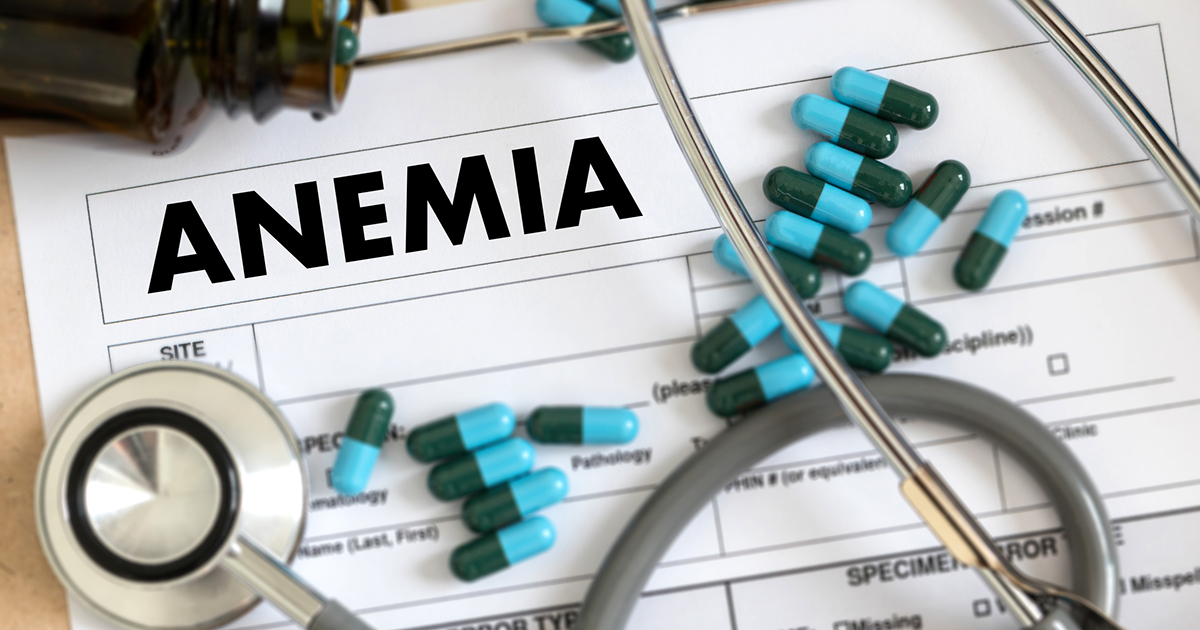What Are The Symptoms Of Short Bowel Syndrome?
Short bowel syndrome is a disorder in which the body is unable to absorb adequate amounts of nutrients from the food consumed because it does not have an adequate length of the small intestine. In healthy individuals, the food is passed through the esophagus and into the stomach, where it is digested and moves into the small intestine for nutrient absorption. A healthy adult typically has about twenty feet of the small intestine, where individuals affected by short bowel syndrome usually have less than ten feet. Some medical conditions or diseases require a surgical procedure to remove large parts of the individual's small intestine such as ischemia, cancer, trauma, and Crohn's disease. The other reason why short bowel syndrome occurs is when the patient is born with missing or damaged portions of their small intestine that had to be surgically removed shortly after birth. Aside from having a shortened small intestine, several other symptoms can indicate short bowel syndrome.
Malnutrition And Weight Loss

Malnutrition and weight loss are common manifestations of short bowel syndrome in affected individuals. Malnutrition in short bowel syndrome patients is a result of decreased absorptive surface area in the small intestine. The interior lining of the small intestine is specialized to maximize an individual's absorption of nutrients. Finger-like projections are present in the intestinal lining called villi. The function of the villi is to facilitate this nutrient absorption by increasing the intestinal lining surface area. The small intestine is responsible for absorbing vitamins, proteins, minerals, and carbohydrates. Vitamins and minerals are essential for the body to carry out metabolic processes and maintain homeostasis, while the carbohydrates and proteins are essential to make cellular energy. Weight loss occurs when the body is absorbing fewer carbohydrates from the food consumed than it is using up. Malnutrition occurs when the small intestine does not adequately absorb one or more minerals, proteins, or vitamins from the food that passes through it. A shortened small intestine can only perform around half of the absorption that a full-length small intestine can perform.
Learn about more warning signs linked to short bowel syndrome now.
Abdominal Pain

Abdominal pain is discomfort felt in the region between the pelvis and chest. There are numerous reasons why an individual affected by short bowel syndrome would experience pain in the abdomen. Gastric acid hypersecretion is common in patients where the stomach produces too much acid that flows into the small intestine. Excess acid causes erosion of the small intestine lining and higher stool volume, resulting in gut pain.
Another reason for abdominal pain in short bowel syndrome patients is from bacterial overgrowth. When the valve connecting the small intestine to the large intestine has been removed, bacteria from the large intestine can enter into the small intestine. These bacteria eat up the food before the small intestine can do its job. Byproducts of bacterial food consumption cause bloating and gas that precipitate abdominal pain. Bile salt malabsorption also causes this pain in affected individuals. Bile is released into the first small intestine region to help with fat digestion, and it should be reabsorbed in the ilium for re-use later. When part of the ilium is absent, bile salts are not reabsorbed. Resulting undigested fat causes diarrhea and abdominal pain.
Continue reading to reveal more short bowel syndrome symptoms now.
Chronic Fatigue

Chronic fatigue is a common symptom in individuals with short bowel syndrome because the disorder directly interferes with how the body turns food into usable cellular energy. Dietary energy comes from proteins, fats, and carbohydrates in the food that is consumed. In a healthy individual, the digestive enzymes in the stomach and small intestine break these elements down into fragments the small intestine can absorb. Once absorbed, the nutrients are processed by the liver into amino acids and sugars that can be transported to the cells around the body. Once delivered to the cells, glucose, amino acids, and fatty acids are metabolized by the mitochondria of the cell. This mechanism produces ATP or a form of energy the cells can use. Without adequate amounts of ATP, the cells cannot perform their functions. Short bowel syndrome patients have a small intestine that cannot properly absorb the fragments of fats, carbohydrates, and proteins from digested food. Without sufficient amino acids, glucose, or fatty acids, the cells cannot produce enough ATP. Lack of cellular energy around the body can quickly make patients feel tired, sluggish, and fatigued frequently.
Get more information regarding the warning signs of short bowel syndrome now.
Steatorrhea

Steatorrhea is the term that describes too much fat presence in the stool. It can take on a frothy, foamy, or mucous-filled appearance with a foul smell. This type of stool often presents as yellow, green, grey, or light brown. When too much fat is in the stool, the body is not adequately breaking food down. The stomach digests food and moves it into the small intestine where enzymes are released. Each enzyme has a role in the further breakdown of nutrients. Certain enzymes break proteins down into amino acids, starches into glucose, and fats into fatty acids. The substance responsible for the conversion of fats into fatty acids is called bile, and it is produced in the liver and stored in the gallbladder. When bile is needed, it is secreted into the small intestine. The ilium part of the small intestine is responsible for reabsorbing bile so it can be recycled. However, some short bowel syndrome patients do not have the full ilium section of their small intestine. This absence means bile is not reabsorbed for reuse, and the body is unable to compensate with enough bile production to fully digest fats. The undigested fat is what forms steatorrhea.
Understand more symptoms of short bowel syndrome now.
Anemia

Anemia means the body does not have enough functioning red blood cells to deliver oxygen to the tissues around the body. There are numerous causes of anemia, but iron and vitamin B12 deficiency are the most prevalent in short bowel syndrome patients. Iron is a mineral present in food that is absorbed in the first three to five feet of the small intestine. Once absorbed, iron is used to create hemoglobin, the substance that allows red blood cells to transport oxygen around the body. When the first part of the small intestine has been removed, anemia from low iron may occur.
Vitamin B12 is essential for the steady production of new red blood cells by the bone marrow, and it is absorbed by the lower region of the small intestine or the ileum. When the ileum has been removed in an individual affected by short bowel syndrome, the body is unable to absorb adequate amounts of vitamin B12 from food. This lack of vitamin B12 causes slowing production of red blood cells to the point where more red blood cells are dying than what the body can produce to replace them.
